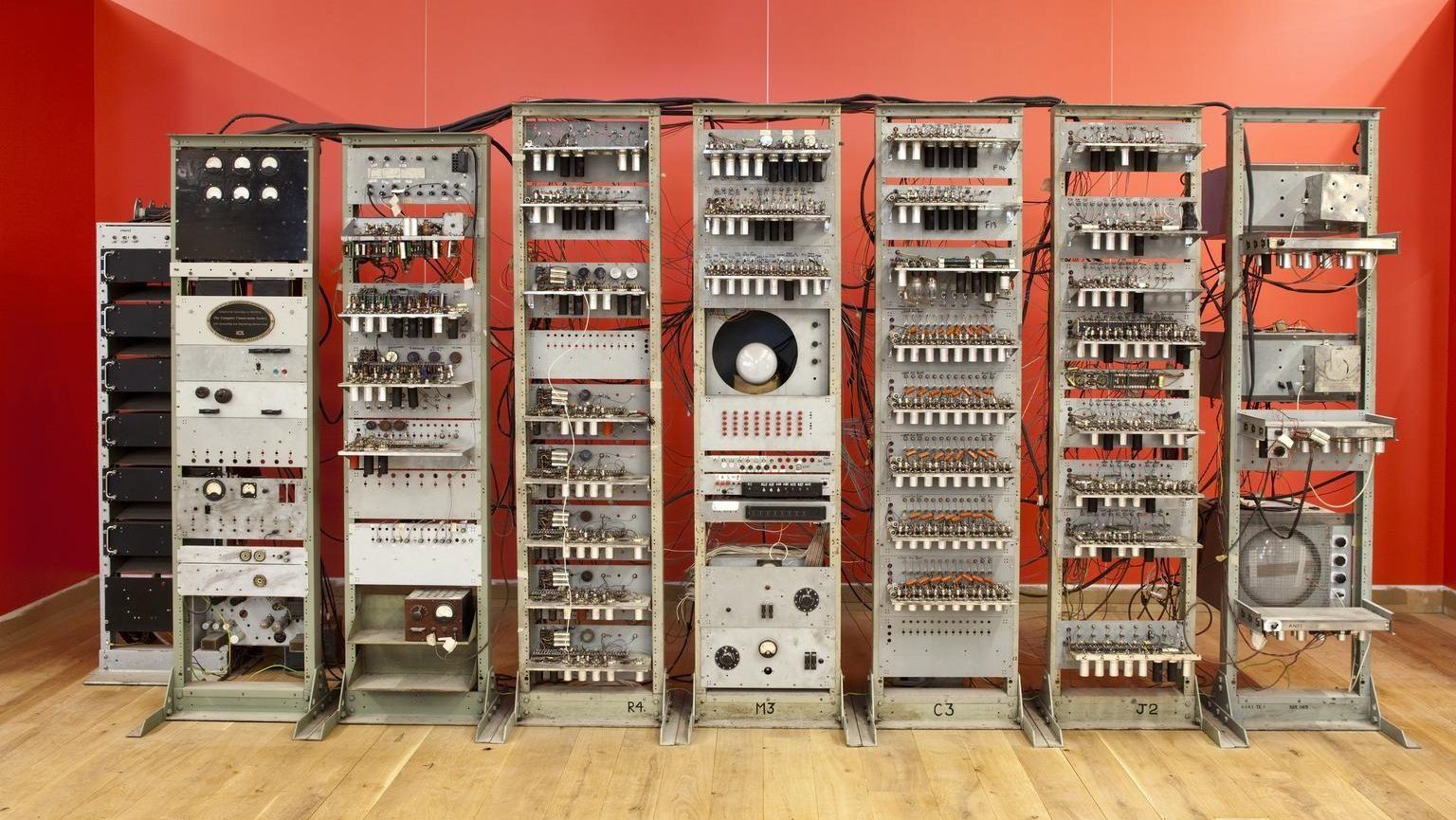New Studies: Music Makes People Nicer

Birds do it. Bees do it. But primate species don’t sing and dance, except for Homo sapiens. Why is music-making part of human nature, then? Why do we enjoy singing in three-part harmony or clapping together in church, which wouldn’t appeal for a single second to our chimp or orangutan cousins? This paper proposes an explanation: Music, it says, makes little kids nicer. Maybe it evolved because it made our ancestors more cooperative, and hence more successful.
Sebastian Kirschner and Michael Tomasello recruited 96 four-year-olds from German day care centers and set them to playing games in pairs. Some played musical instruments and sang with the experimenter, while others played the same game, but without music. A later game was set up so that one child needed help from the other, who had to choose whether to aid the partner or keep playing.
Kids who had played music together were considerably more likely to help, the authors report (a pdf of the entire paper, which details their ingenious experimental methods, is here). Perhaps, Kirschner and Tomasello write, music evolved because it focuses attention on collective goals, and so satisfies an innate human desire to be “in sync.”
That’s in line with this finding, from an upcoming issue of the International Journal of Hospitality Management, which reports that when restaurants offer background music —at least, nice background music in the form of songs with “prosocial lyrics”—customers leave bigger tips. (Credit to Tom Jacobs for reporting on it.)
Kirschner, S., & Tomasello, M. (2010). Joint music making promotes prosocial behavior in 4-year-old children☆☆☆ Evolution and Human Behavior DOI: 10.1016/j.evolhumbehav.2010.04.004
Jacob, C., Guéguen, N., & Boulbry, G. (2010). Effects of songs with prosocial lyrics on tipping behavior in a restaurant International Journal of Hospitality Management, 29 (4), 761-763 DOI: 10.1016/j.ijhm.2010.02.004![]()




